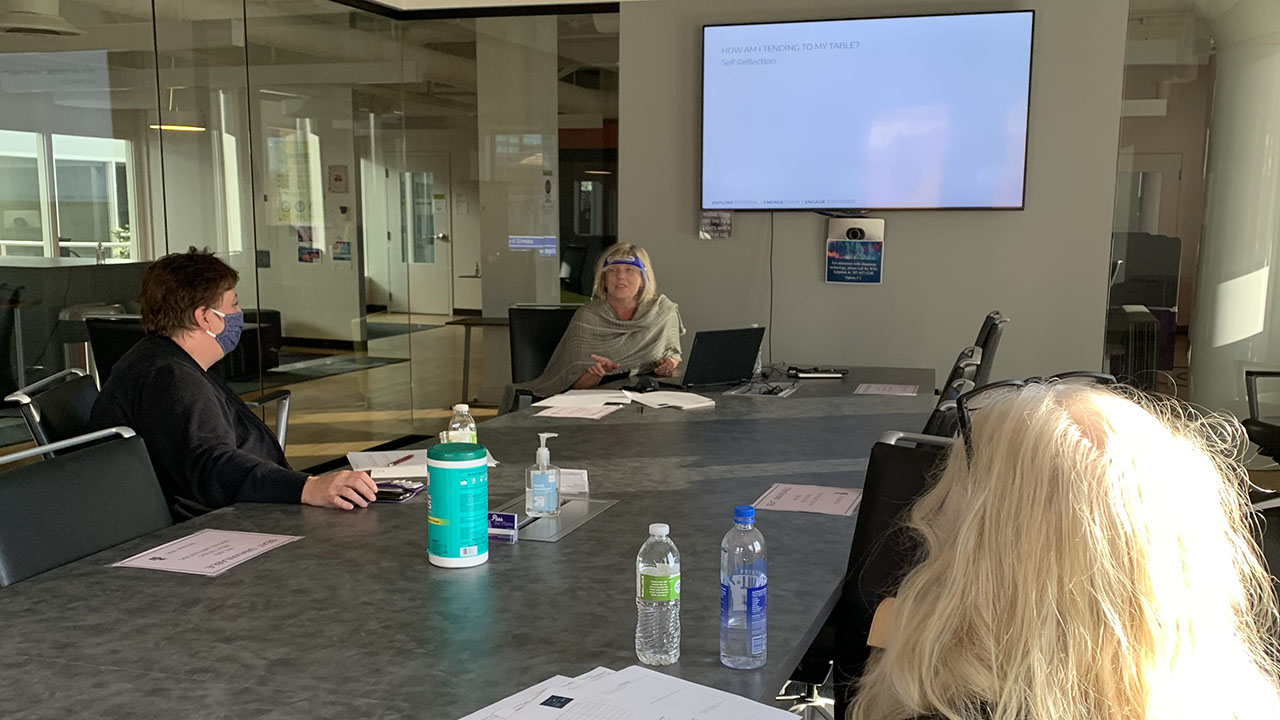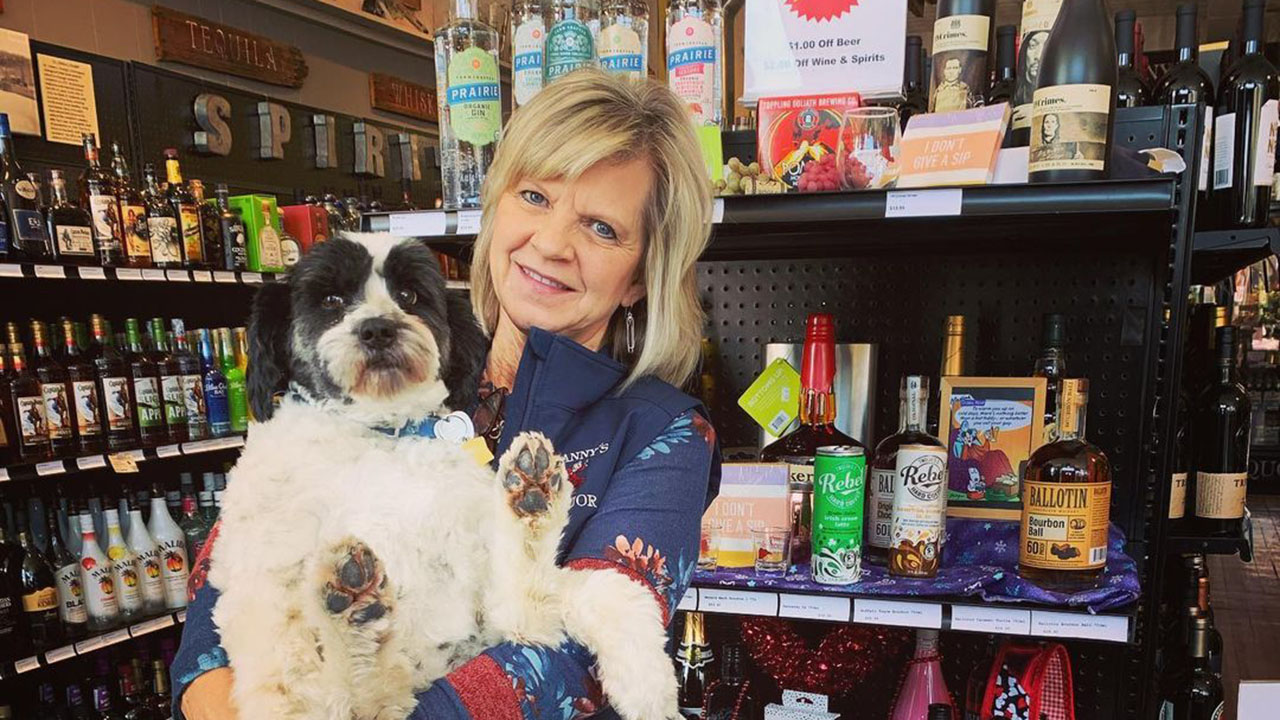
Assessing challenges and finding ways to overcome them is a necessity for any businesses to survive and grow.
During the pandemic, that has been even more so.
Winona State University’s Adult & Continuing Education (ACE) Department has, for years, been helping businesses look intentionally at the problems they’re facing and come up with specialized training to help overcome them by using local experts who can help.
The pandemic has led to unique challenges for businesses – whether it’s in flexibility, resiliency, or in support for employees – and WSU has been along for the ride. From helping 30 businesses foster resiliency during the shock of the pandemic, to helping downtown Lanesboro businesses develop specific marketing plans during unstable times, the customized trainings have given businesses the support they’ve needed to keep going. Most recently the department hosted an eight-hour Mental Health First Aid Training as a way to help businesses be responsive to mental health needs – especially after employees have gone through a year of immense stress from the pandemic.
“The stresses businesses have endured during the pandemic have been exponentially greater than I have ever experienced” WSU Business Outreach Coordinator Julie Kiehne said, who has developed business support programs for more than 20 years.
When COVID-19 first hit the Winona and Southeast Minnesota area, business owners were in shock.
“It was very heavy,” Kiehne said. “Business support in the early phase of the pandemic involved a lot of listening.”
Owners were feeling depleted – of both supplies and human resources – and were at times at a loss of what steps to take. During that time, Kiehne created low cost or free training while partnering with two year institutions that could help businesses take a step forward.
By summer, business owners had time to soak in the reality of what life would be like.
“Then we started focusing on resiliency,” Kiehne said. “We worked to give them a framework to process the challenges so they could emerge with more strategies to build upon what they could control with real time action.”
During the Fostering Resiliency in the Middle Workshop, more than 30 businesses participated and were given the opportunity for follow up with one-on-one consulting on their specific needs.
Then in the winter, businesses were shifting their needs to more market based. So in January, Kiehne got marketing expert Jamie Bjerke on board to help a group of downtown Lanesboro businesses figure out marketing strategies that shifted sales online.
“Many of these brick-and-mortar small town retailers were struggling not only because of the seasonality but from not having their doors open,” Kiehne said.
Now with businesses being on the tail end of the pandemic, Kiehne has put together training to address the mental health challenges businesses are facing with staff that are impacted from the stress of life and the pandemic.

Lori Bakke, small business owner in Lanesboro
Bakke was among the business owners to participate in the marketing training.
“It was really fun to have a one on one meeting,” Bakke said. “We really talked about the analytics of social media, about the time to post, the consistency, and continually keeping your customers engaged.”
With the Mental Health First Aid training participants were certified in what to do for a coworker who is going through an immediate crisis, what questions to ask, and what help to provide or guide a person toward.
“Mental Health First Aid training is always important, but is important even more now than ever,” Kiehne said.
The training also works to combat stigmas of mental health challenges being a weakness and equips participants on what terms to use, what questions to ask, what resources to connect colleagues with, and how to react in a real-life situation of someone having a panic attack, anxiety attack, suicidal thoughts, or other adverse reactions to mental health imbalances.
“My goal is to help make Mental Health First Aid as commonplace as CPR,” Kiehne said.
“Employers who understand how to care for the person and the whole employee professionally and personally are more responsive and supportive to each other, and that’s where you build teamwork,” Kiehne said.
For more info about WSU’s customized training programs, Contact Julie Kiehne, WSU Business Outreach Coordinator jkiehne@winona.edu
